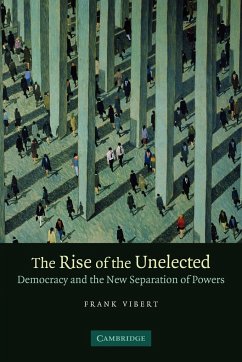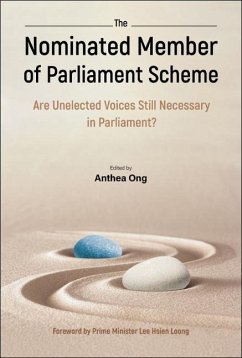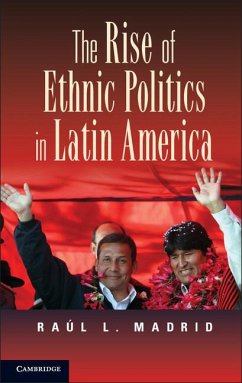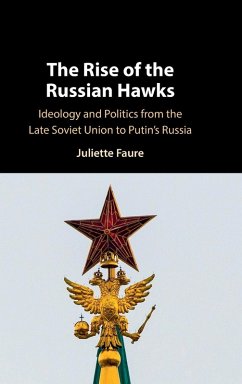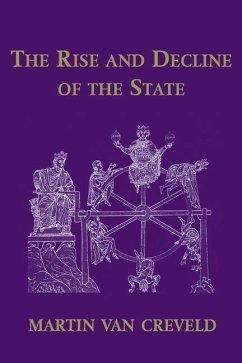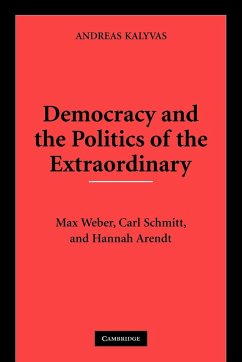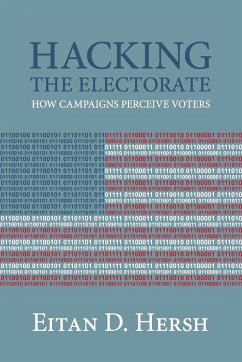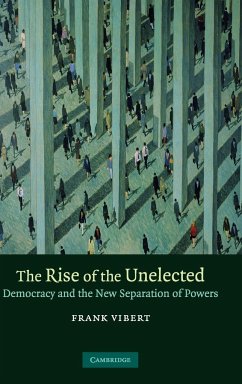
The Rise of the Unelected
Versandkostenfrei!
Versandfertig in 1-2 Wochen
110,99 €
inkl. MwSt.
Weitere Ausgaben:

PAYBACK Punkte
55 °P sammeln!
Unelected bodies, such as independent central banks, economic regulators, risk managers and auditors have become a worldwide phenomenon. Democracies are increasingly turning to them to demarcate boundaries between the market and the state, to resolve conflicts of interest and to allocate resources, even in sensitive ethical areas such as those involving privacy or biotechnology. This book examines the challenge that unelected bodies present to democracy and argues that, taken together, such bodies should be viewed as a new branch of government with their own sources of legitimacy and held to a...
Unelected bodies, such as independent central banks, economic regulators, risk managers and auditors have become a worldwide phenomenon. Democracies are increasingly turning to them to demarcate boundaries between the market and the state, to resolve conflicts of interest and to allocate resources, even in sensitive ethical areas such as those involving privacy or biotechnology. This book examines the challenge that unelected bodies present to democracy and argues that, taken together, such bodies should be viewed as a new branch of government with their own sources of legitimacy and held to account through a new separation of powers. Vibert suggests that such bodies help promote a more informed citizenry because they provide a more trustworthy and reliable source of information for decisions. This book will be of interest to specialists and general readers with an interest in modern democracy as well as policy makers, think tanks and journalists.





